Our story
We founded the organisation in 1990 to give an answer to patients fighting rare genetic diseases.
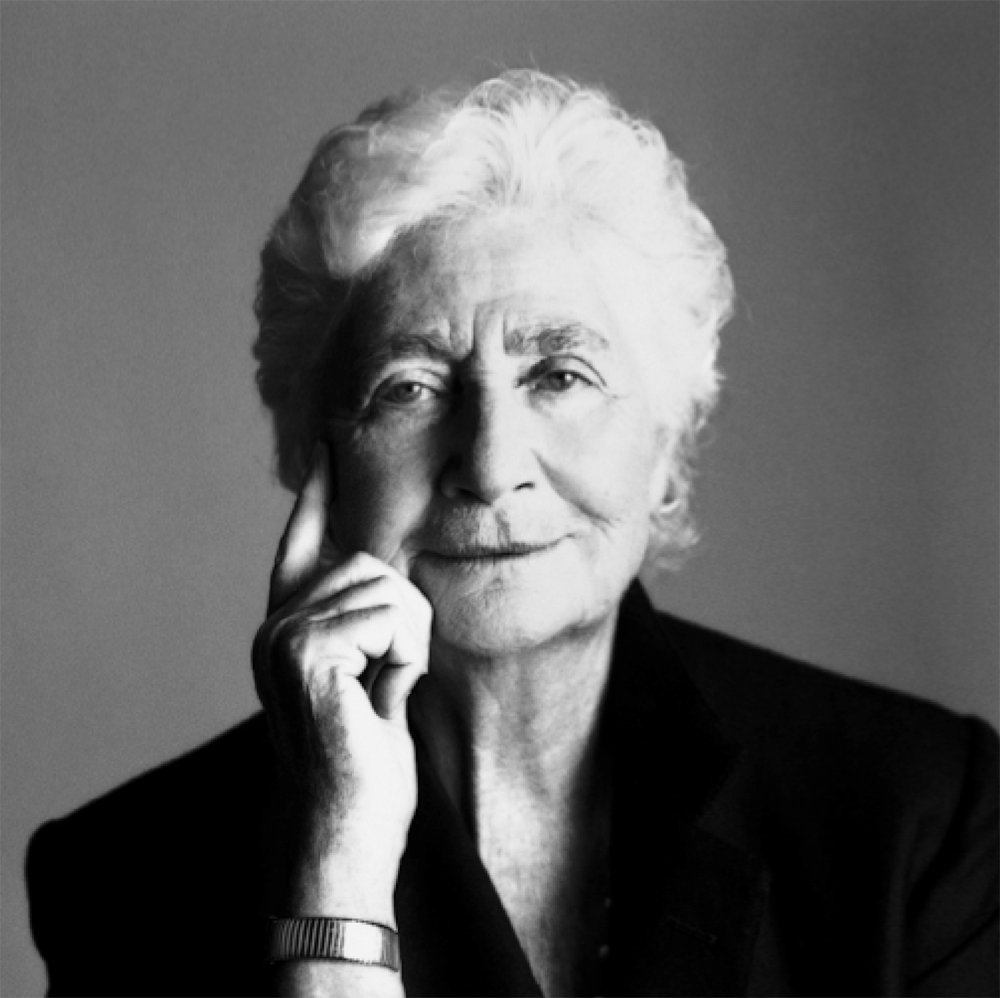
Lending an ear since 1990
We founded the organisation in 1990 after an appeal was made by the families of muscular dystrophy patients (one of the more than 475 rare genetic diseases concerning which, since 1990, we have funded promising key research projects with far-reaching agendas).

First Telethon call issued
Just a few months after the first marathon publicised by Italian national broadcaster RAI (leading to 10 billion liras in donations), the first research funding competition was announced. We believe excellence can come only through merit, and that a cure can come only through excellence. So, from the first call on, we have always tried to select only the best projects and the best researchers.
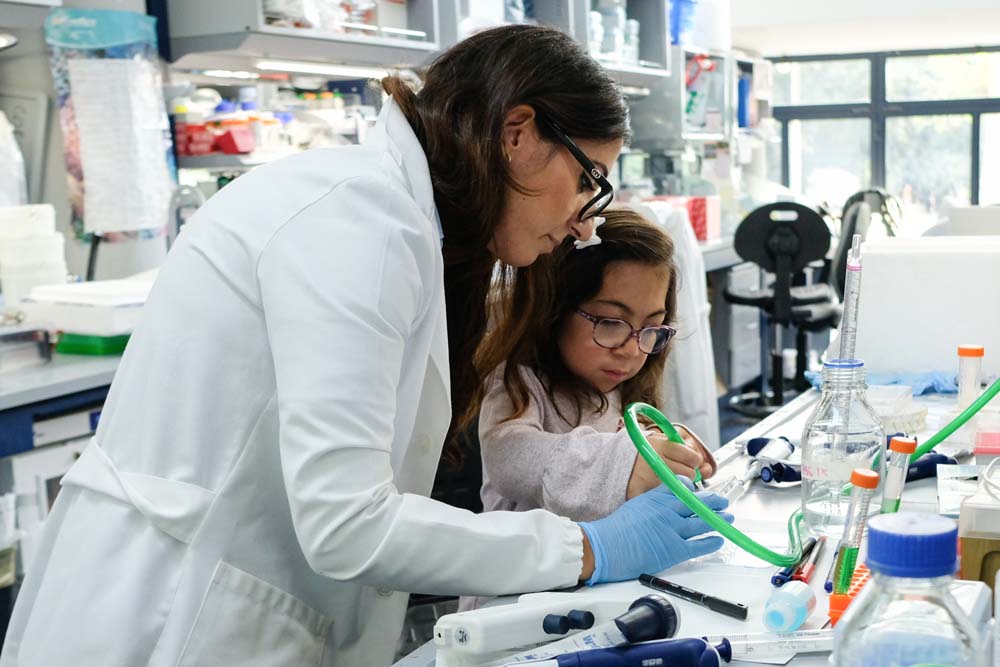
Research regarding all rare genetic diseases
Everyone deserves healthcare. Hence our decision to extend research to take in all genetic diseases, even the rarest.
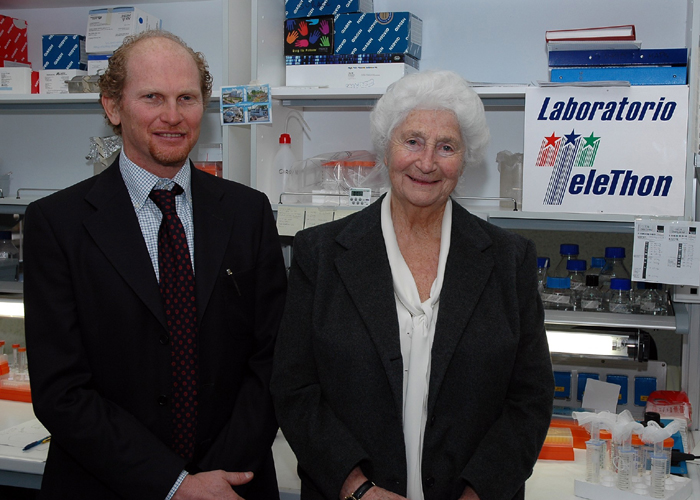
Tigem founded
We founded Istituto Telethon di genetica e medicina (Tigem) so that researchers into genetic diseases would find a point of reference they could depend on and in order to ensure constant commitment over time. The institute (headed by Andrea Ballabio) works in the fields of diagnosis, prevention and treatment of rare diseases.
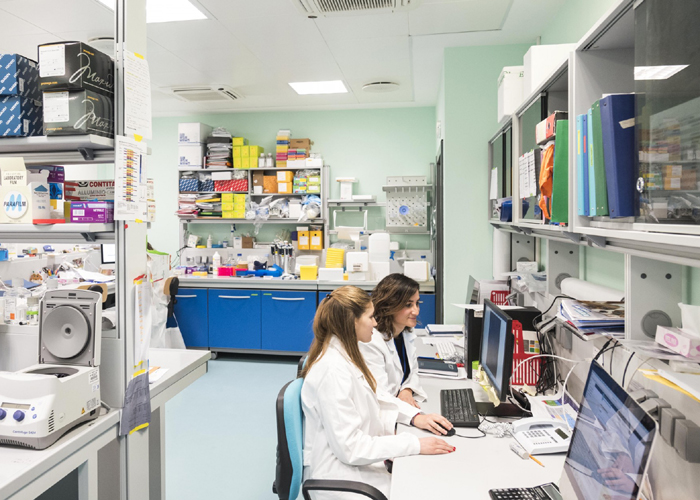
SR-Tiget
The Istituto San Raffaele Telethon per la terapia genica (SR-Tiget) was founded in Milan. We decided to invest in an innovative technology to correct DNA errors responsible for many diseases.
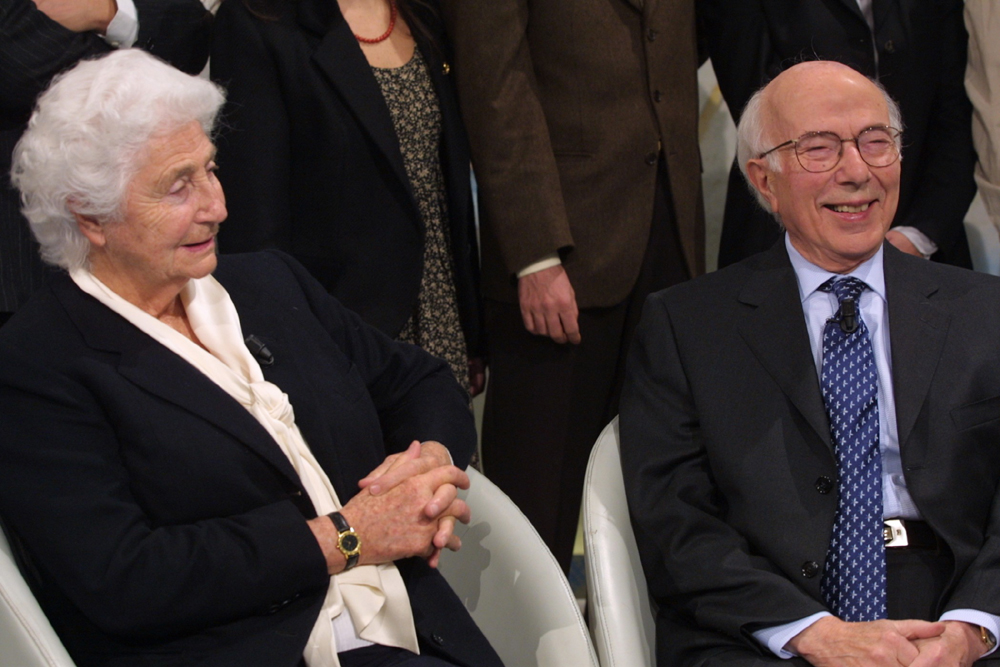
Istituto Telethon Dulbecco founded
Our careers programme was set up under the auspices of Nobel Laureate Renato Dulbecco. The programme has provided work opportunities in Italy for brilliant young researchers into genetic diseases. In some cases, the programme has also made it possible for researchers to return to Italy.
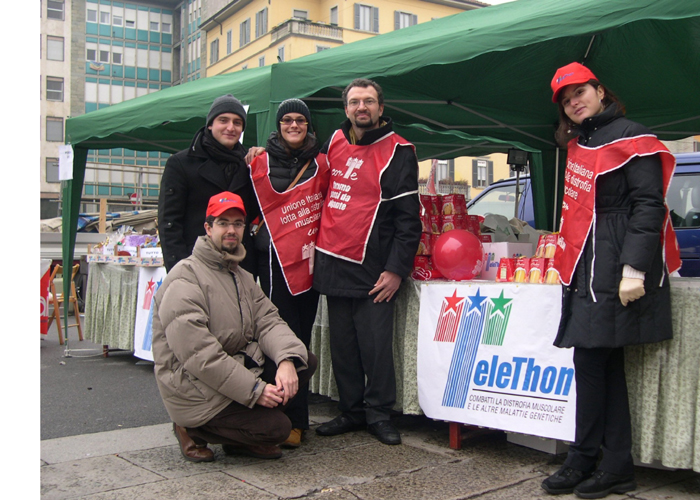
For all neuromuscular disease patients
An alliance with Uildm was formed, enabling a competition for researchers into neuromuscular diseases. More than 6000 patients have benefitted from the network of clinical researchers created as a result of this competition. These patients can now receive therapeutic treatment of fundamental importance in their lives. This treatment was previously unavailable to them.
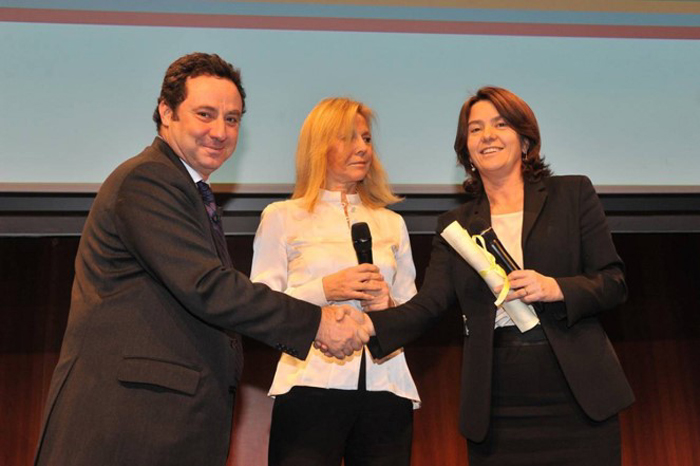
‘Oscar di bilancio’ awards programme
We know how all the money that goes into our current account is spent – right down to the very last Euro! This policy earned us the ‘Oscar di bilancio’ in 2001 (and again in 2014), awarded to organisations whose public communication activities and organisational efficiency in the field of management of funds are considered particularly worthy of note.
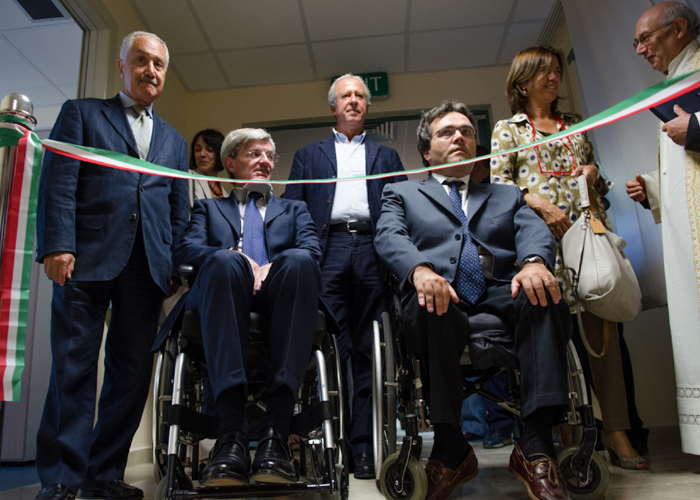
The first Nemo clinical centre opened
This was the first of four highly specialised centres providing global healthcare to neuromuscular disease patients (clinical support, assistance and psychological support), for enhanced quality of life. Other Nemo centres has been opened in Milano (2007), Arenzano (2010), Messina (2013) and Roma (2015).
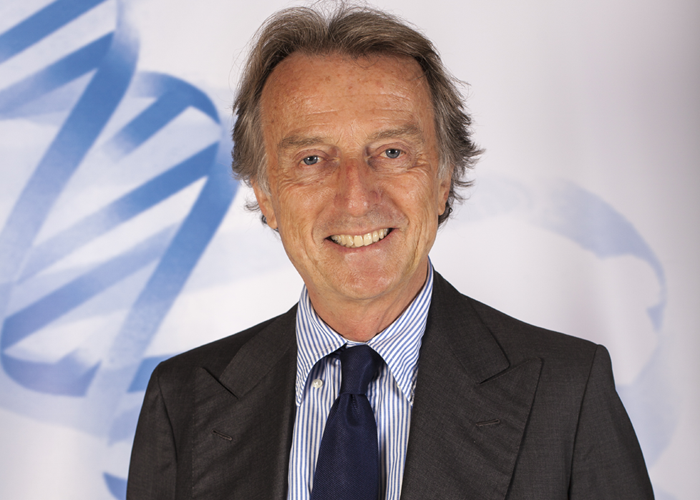
A new chairperson
Luca di Montezemolo (a board member since 2008) received the appointment following the death of Susanna Agnelli, chairwoman and founder of Telethon.
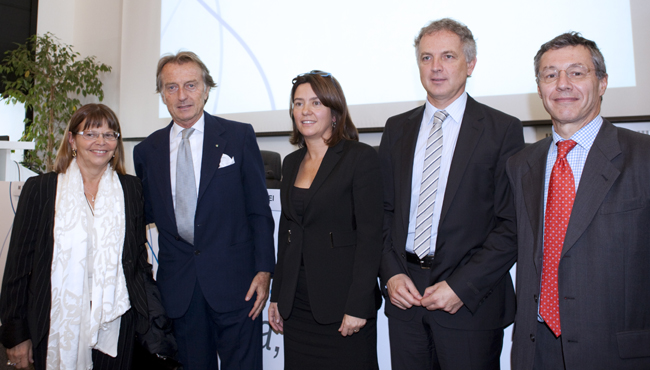
Agreement with GlaxoSmithKline
Thanks to an agreement stipulated with GSK, the gene therapy developed by SR-Tiget shall become available not only to ADA-SCID sufferers but also to patients with six other rare genetic diseases!

Start-up for the project for patients awaiting diagnosis
Despite the best efforts of the medical and scientific community and despite the progress made in the field of DNA analysis, there are thousands of very rare genetic diseases the causes of which remain a mystery. No one studies them. Telethon started up and funded this programme on behalf of patients awaiting a diagnosis. Our aim (through the teamwork of three Italian clinical centres active in the field of medical genetics and a research centre) is to name these diseases.
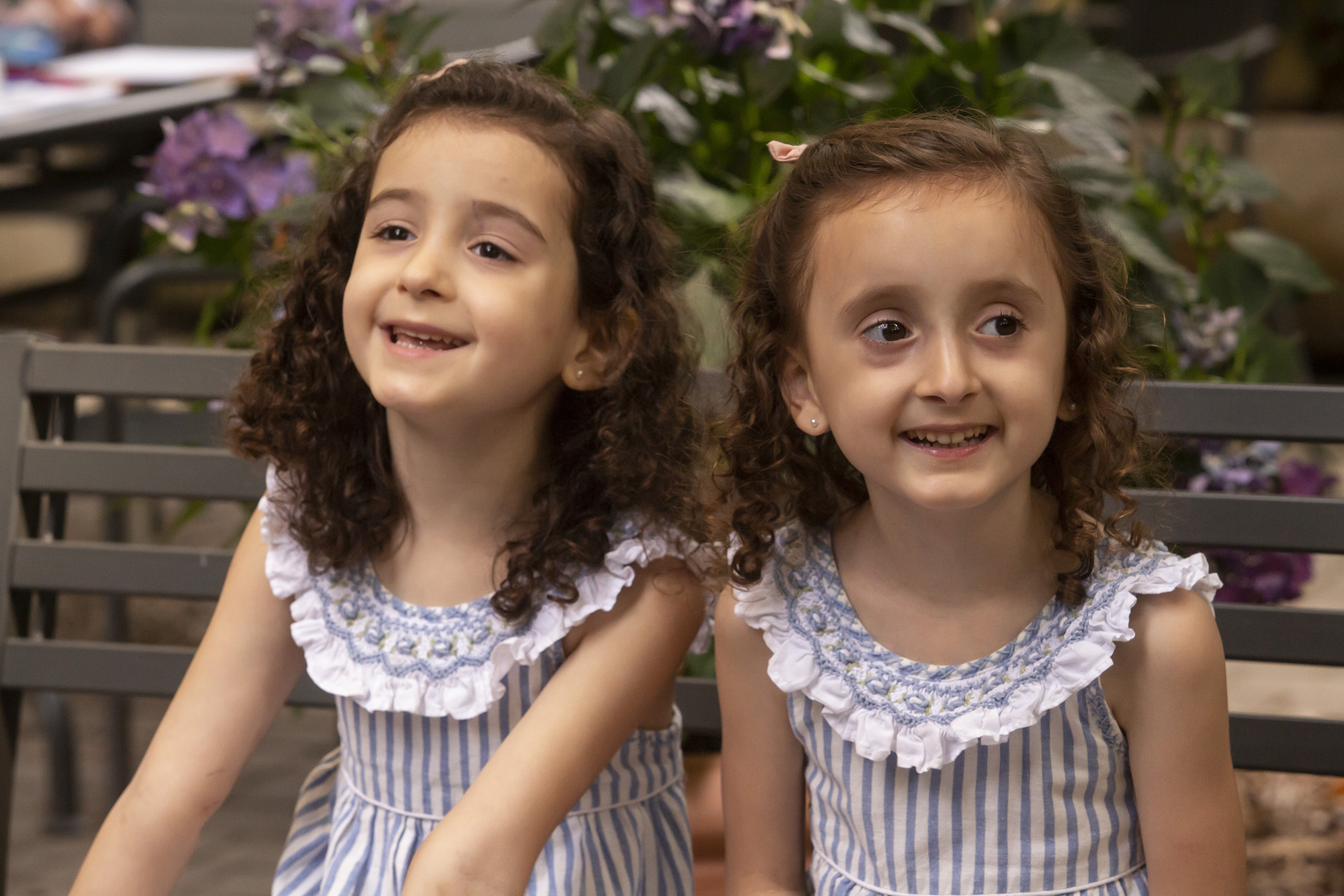
Strimvelis receives European marketing authorisation to ADA-SCID
GlaxoSmithKline (GSK), Fondazione Telethon (Telethon) and Ospedale San Raffaele (OSR) announced that the European Commission has approved Strimvelis , the first ex-vivo stem cell gene therapy to treat patients with a very rare disease called ADA-SCID (Severe Combined Immunodeficiency due to Adenosine Deaminase deficiency).
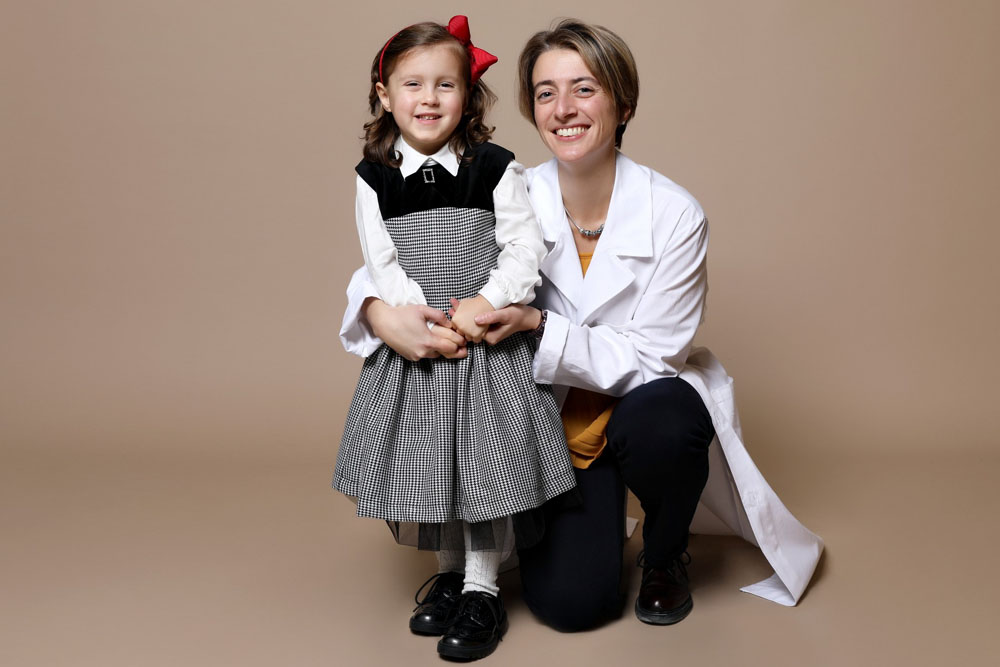
Approved Libmeldy for MLD in Europe
Orchard Therapeutics, a global gene therapy leader, and its research alliance partners Fondazione Telethon and Ospedale San Raffaele, announced that the European Commission granted full (standard) market authorization for Libmeldy, a lentiviral vector-based gene therapy approved for the treatment of metachromatic leukodystrophy (MLD)